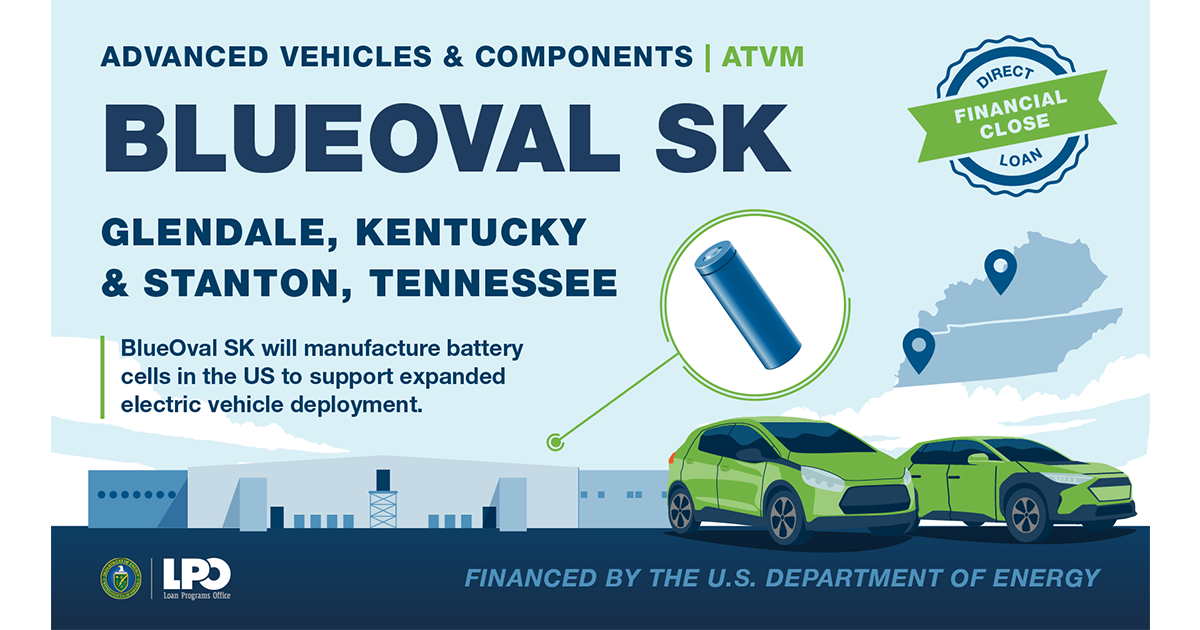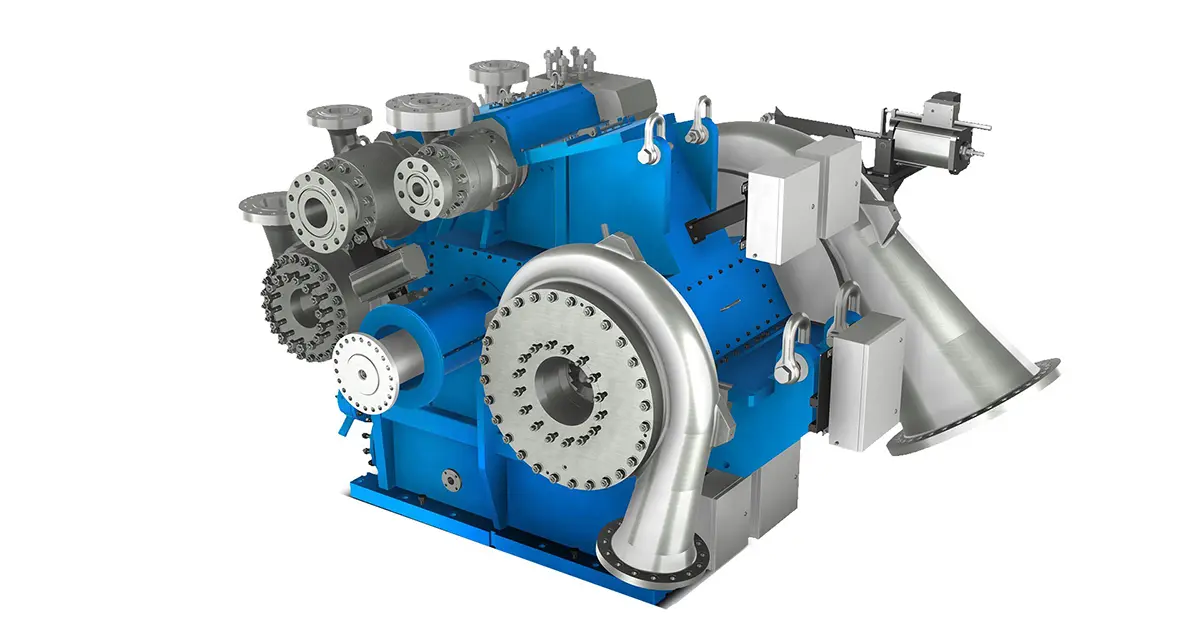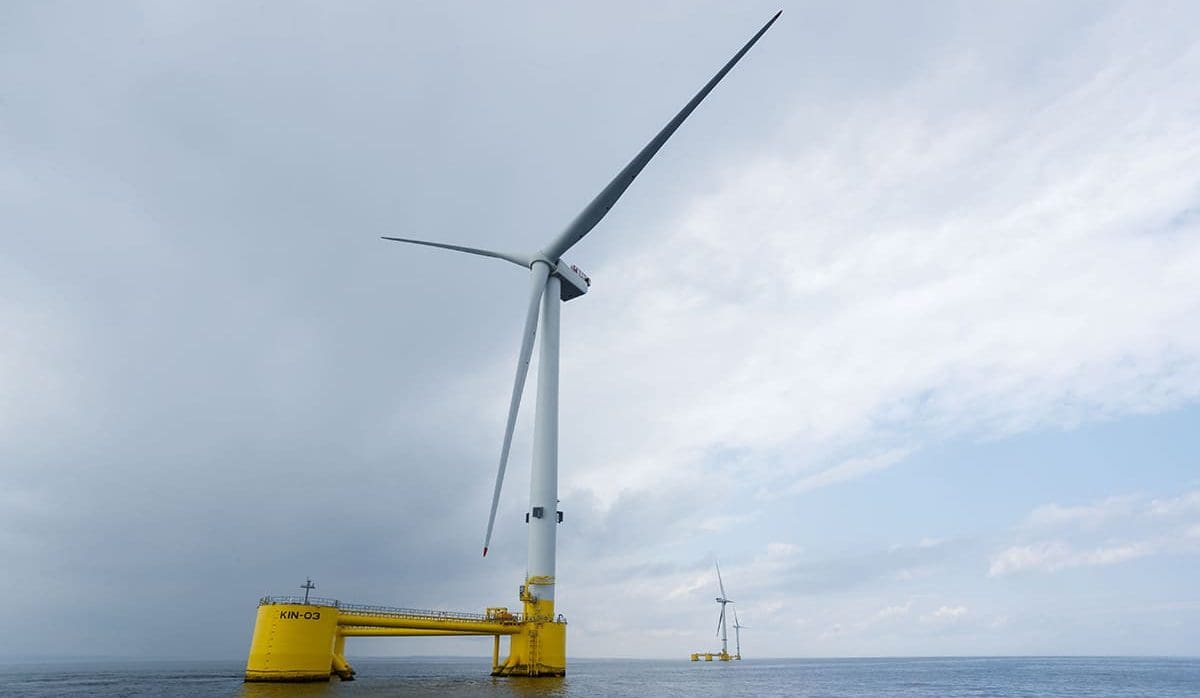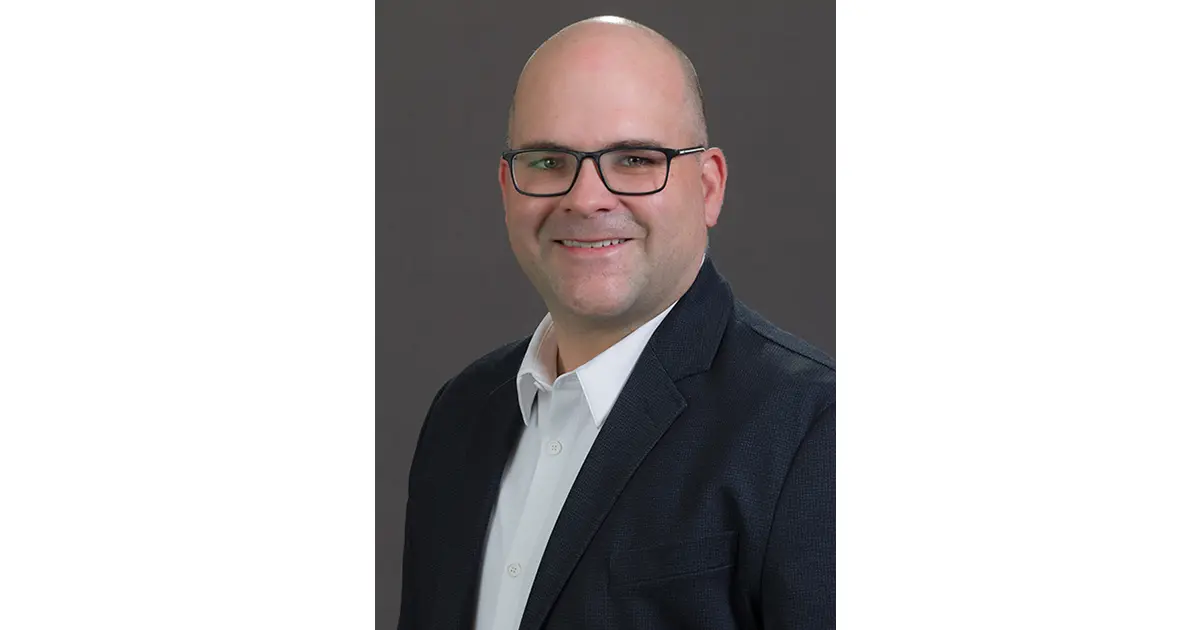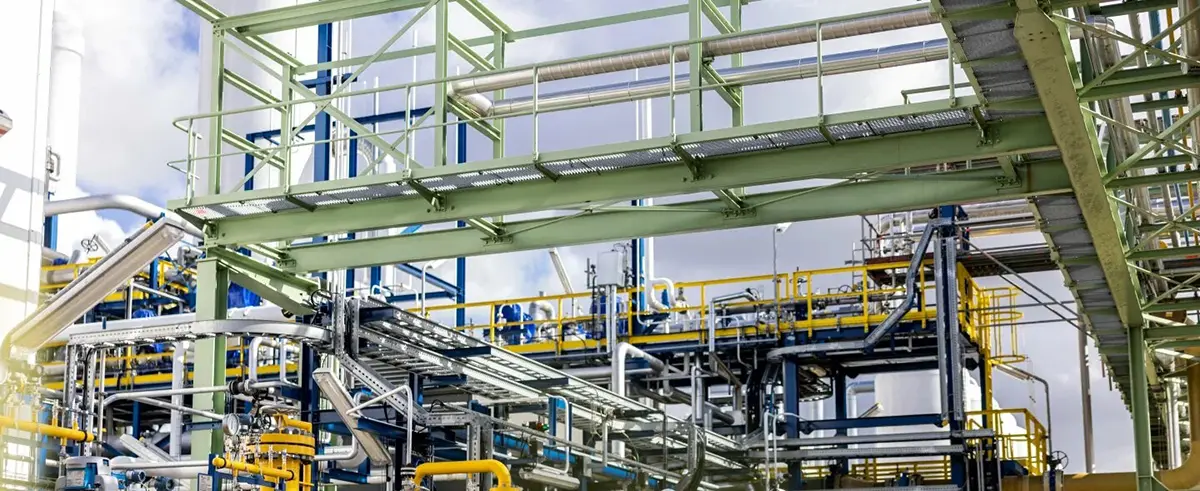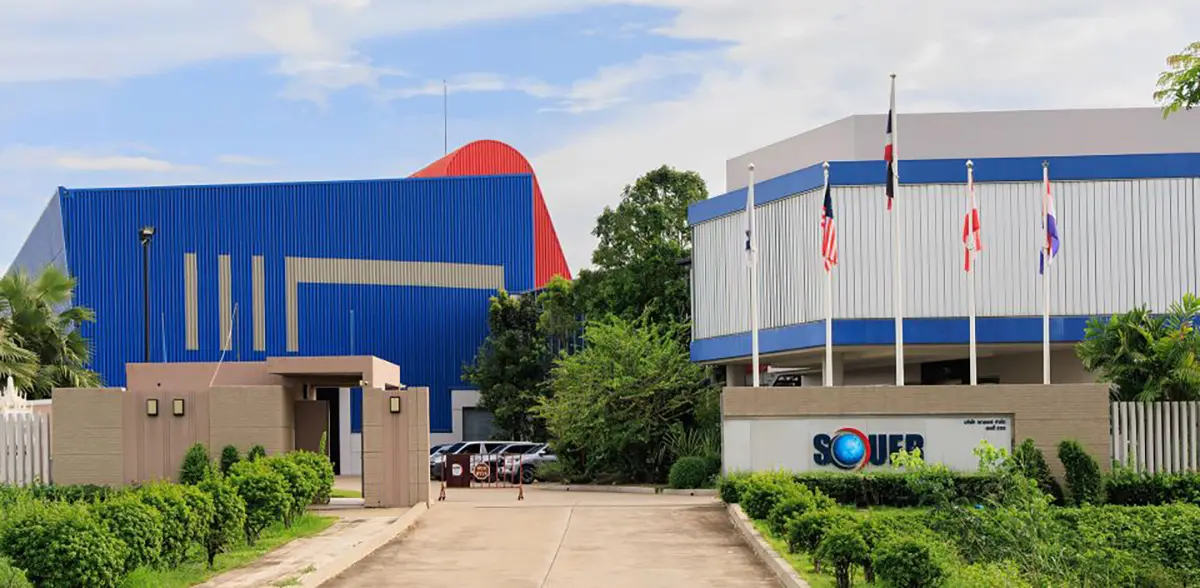
Accelerating Michigan’s Decarbonization With A Clean Fuel Standard Program

This article was written by Dana Adams
Cars are synonymous with Michigan — our cars have defined American culture for more than 100 years, from the first Model T to iconic muscle cars like the Mustang or Camaro. Our state’s history of automotive innovation is not a thing of the past — as the future of mobility transitions toward electric vehicles (EVs), Michigan is fighting for its legacy as the car capital of the country against the backdrop of the larger energy transition that will define the coming century.
As a native Michigander, I am encouraged by strides we have made toward addressing climate change and decarbonization. In 2022, Governor Gretchen Whitmer proposed the MI Healthy Climate Plan, laying out a pathway for Michigan to reach 100% carbon neutrality by 2050. Achieving this end requires a comprehensive climate strategy that effectively and promptly addresses our largest sources of greenhouse gas (GHG) emissions. Transportation is one of the largest contributors to GHG emissions in-state and nationally, with most of those emissions coming from medium- and heavy-duty trucking, both often fueled by high–polluting diesel fuel.
A Clean Fuel Standard (CFS), also recognized as a strong policy option under the Governor’s climate plan, would address emissions from this highly pollutive transport sector. A CFS is a decarbonization tool with benefits not offered by other decarbonization strategies, including economic development, rural investment, and public health improvements.
Three US states have adopted a CFS, while seven other states, including Illinois, are considering creating a program in their state. This nationwide progress is heartening; however, Michigan lawmakers should similarly recognize that this policy would have the most immediate impact on decarbonization of all the policies the House and Senate have considered in 2023.
Economic Development
Michigan is uniquely positioned to receive multiple benefits from the economic development generated by a CFS. Aside from attracting investment in renewable energy infrastructure and clean fuels — plus well-paying jobs — such a program would concentrate investment in rural communities. Michigan farmers and their employees would benefit from additional revenue generated by renewable natural gas (RNG) or other biofuels, as well as associated environmental credits.
Supports EV Infrastructure
While the light-duty vehicle market transitions toward electrification (or, longer term, hydrogen fuel cells), a CFS can provide the necessary incentives to decarbonize heavy-duty transportation in the near-term, while supporting EV charging infrastructure expansion.
The Rocky Mountain Institute, a nonpartisan environmental research group, recently published a study demonstrating that a CFS can “significantly improve the business case for public charging” and that clean fuel credits generated under a CFS can offset between 20% and 80% of electricity costs for charging operators, based on recent credit pricing.
S&P Global Commodity Insights forecasts US EV sales will increase ninefold by 2030, to nearly 5 million units sold annually. This proliferation of EVs will demand a robust charging structure to meet demand. Michigan is already constructing the first public in-road charging system in the country in Detroit, and a CFS will support similar developments.
Emissions Reductions & Public Health
By incentivizing clean fuels production, a CFS will displace high-polluting fuels that contribute to poor public health outcomes. This translates to significant reductions in respiratory ailments such as asthma, bronchitis, lung cancer, and premature death — particularly in vulnerable populations. A study from UC Davis concluded that Oregon’s CFS will reduce air pollution deaths due to reductions in particulate emissions and avoid up to US$87.7 billion in healthcare costs per year, compared to a business-as-usual scenario.
Regional Leadership
Michigan has a unique opportunity to pioneer a CFS tailored to the state: one that supports both in-state fuel production and automotive innovation, as well as climate-smart agricultural practices that produce cleaner transportation fuels. If adopted, such a CFS could set the standard for the rest of the Midwest and would be the first adopted east of the Mississippi River.
Michigan’s ability to maintain its status as the automotive capital of America amid the energy transition will hinge on competitive, climate-smart policies. The MI Healthy Climate Plan has offered a jumpstart, but lawmakers must do more to promote investment and accelerate the state’s effort to address critical climate issues. Looking to 2024 and beyond, Michigan must implement a Clean Fuel Standard to set the state on the road to decarbonizing its environmentally impactful, and historically significant, transportation sector.
About The Author
 Dana Adams is the legislative policy manager for the Coalition for Renewable Natural Gas.
Dana Adams is the legislative policy manager for the Coalition for Renewable Natural Gas.

